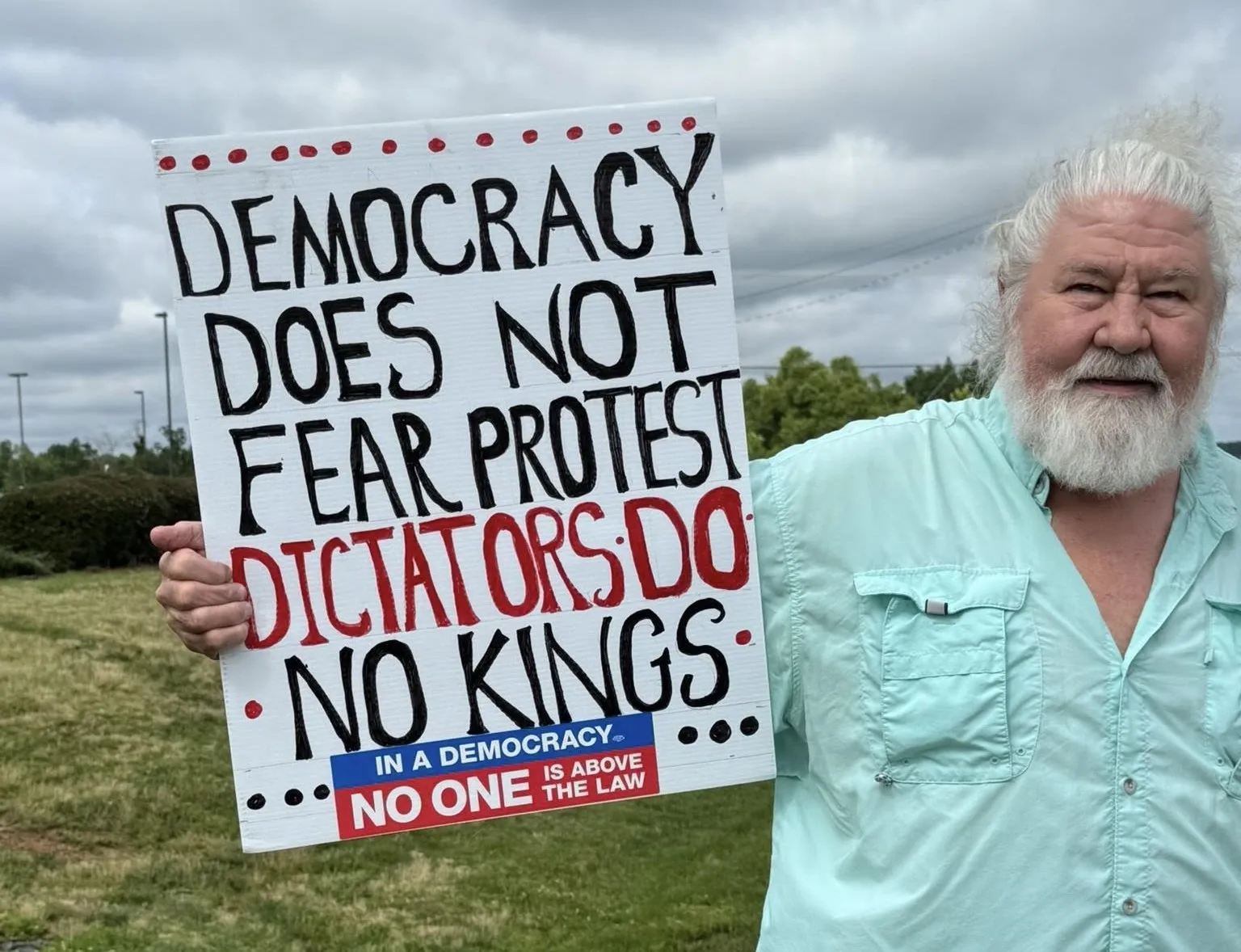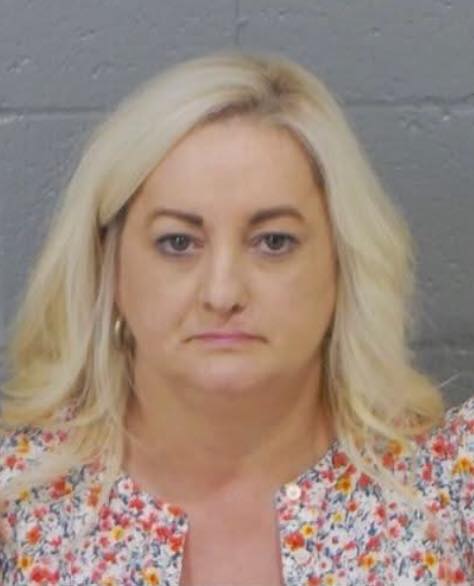Stanly Planning Board recommends denial of McLester Road tower
Published 2:37 pm Thursday, May 13, 2021

- Stanly County Commons
|
Getting your Trinity Audio player ready...
|
Support for a new Verizon cell tower on McLester Road received additional opposition after a decision at Monday’s meeting of the Stanly County Planning and Zoning Board.
By a vote of 5-2, the board approved a recommendation for county commissioners to deny the rezoning request of Charlie Hinson on 16271 McLester Road.
Hinson previously submitted a request to the Planning Board, which was voted against initially 4-3. Commissioners at the April 19 meeting voted 4-2, with Zach Almond having recused himself, to send the matter back to the Planning Board.
At Monday’s meeting, Chairman Dr. John Eckman and board members Joel Mauldin, T.J. Smith, David Underwood and Michael Williams voted for the motion to recommend denial based on aesthetics. In Smith’s motion, he stated, “it is an intrusive visual impact on adjacent property owners and residents.”
Candice Brasington and Tim Fesperman voted against the denial. Brasington stated she once was a realtor in Myrtle Beach, and that realtors “were not experts” on determinations of value. It was the job of an appraiser to “make the final call.”
During the meeting, Bailey Emrich quoted a North Carolina statute to the Planning Board, 160D-933, which stated in part, “a local government’s review of an application for the placement or construction of a new wireless support structure or substantial modification of a wireless support structure shall only address public safety, land development, or zoning issues.”
Local government “may not require information on or evaluate an applicant’s business decisions about its designed service, customer demand for its service, or quality of its service to or from a particular area or site.” Governments also may not “require information that concerns the specific need for the wireless support structure including if the service to be provided from the wireless support structure is to add additional wireless coverage or additional wireless capacity.”
Eckman in his comments said “it would be inappropriate for the Planning Department staff or the Planning Board or the Board of Commissioners to request additional information beyond the statement from Verizon which indicates that no other tower is available to fulfill their need. Based on staff inquiry and research, the indication of need from Verizon is proprietary and, even if individuals indicate no issues with their personal service, the Board must accept the statement of need from Verizon as fact.”
The chairman also said the statute only allows boards three considerations for a cell tower. Public safety is one, like fire or tower collapse, but it does not include radiation, he added. Citing the Telecommunications Act of 1996, Eckman said the act “does not allow the Board to consider health effects of RF radiation regarding wireless infrastructure.”
A representative of Cellco, the company wanting to build the tower for Verizon, spoke along with certified general appraiser Michael Berkowitz, Verizon representative John Yeagley and attorney John Webster.
Berkowitz said he provided an impact study report which said area property values would not have “a diminution of value.”
Yeagley said of 18 parcels of land in the area, only one, the parcel in question, met all requirements.
Webster said “some of that information provided to you is not relevant to your determination as far as the zoning issue is concerned. It is just information they willingly provided. I appreciate the reminders of the limitations that the board can consider.”
Charlie Hinson, owner of the land for the proposed tower, spoke in favor of its construction.
“The tower is needed because the service in the area is barely adequate now…I feel this site is a good location regardless of all of the negative information that has been presented against it,” he said.
An attorney and residents of the area spoke against the tower’s construction.
Attorney Chris Duggan said aesthetics may be considered in granting an overlay district for a cell tower. He noted letters from local real estate agencies submitted to the board refuted the positions of land not going down in value after a tower is built.
Andy Hinson said “local governments are in the best position to know where is the best responsible placement for these facilities. They know the community, historic districts and scenic areas.”
Regarding safety concerns about the tower falling, Mason Hinson said “we just had a tornado the other week. This tower can fall. It is a danger.”
Buddy Feis said he felt “the deck is stacked against us with the laws and the rules that the state has. (The) bottom line is we don’t want it in our neighborhood.”
The matter will again go before the county commissioners at the May 17 meeting.







